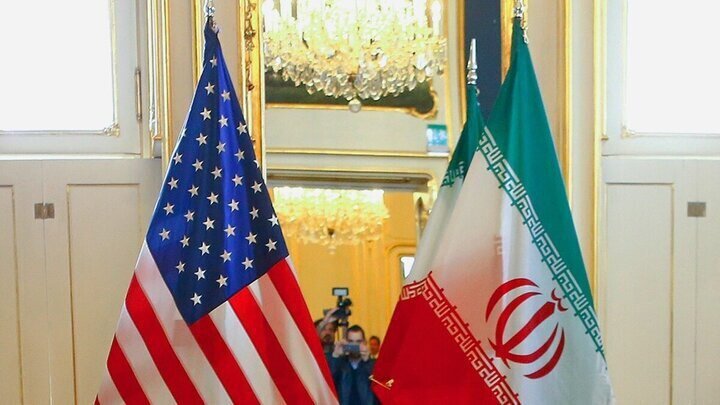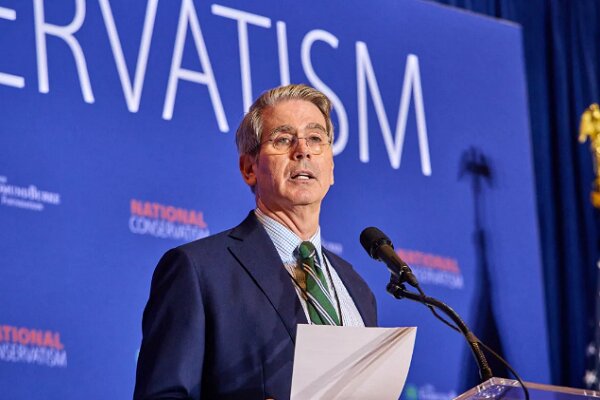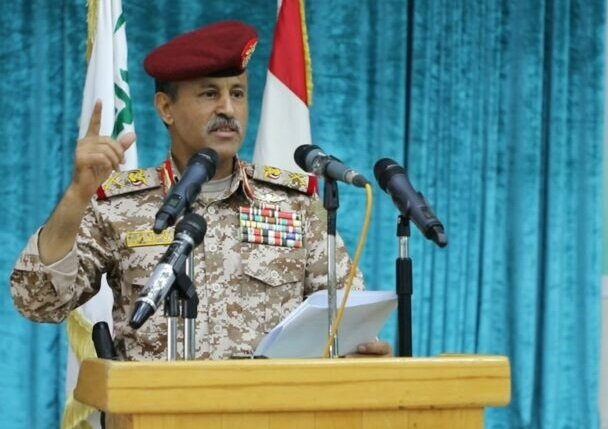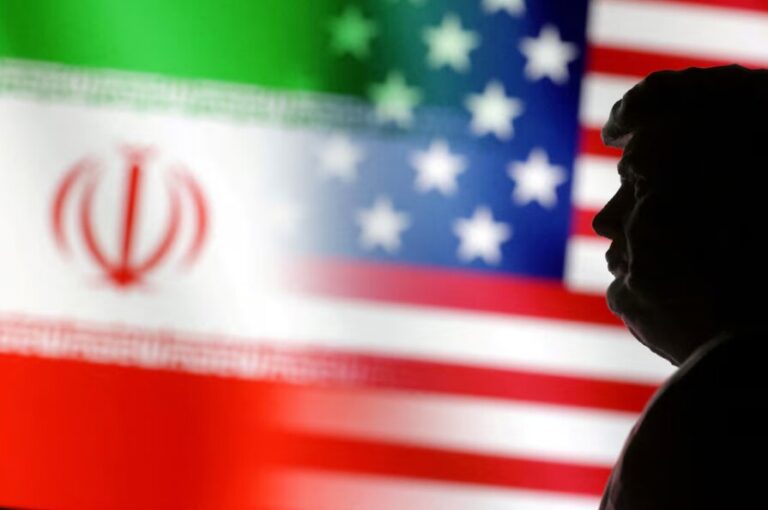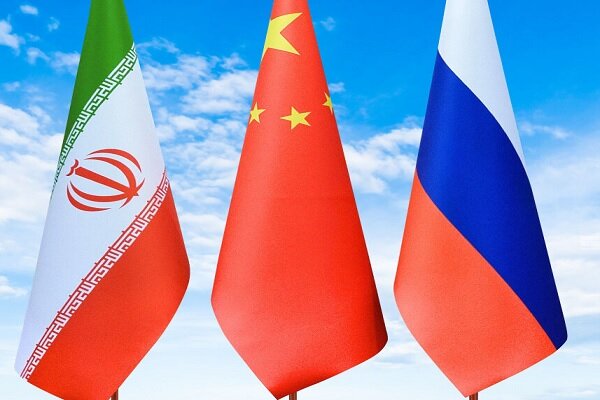Qatar Steps Up as Key Mediator in US-Iran Relations
In the complex world of international diplomacy, mediation and negotiations play crucial roles, especially when it comes to high-stakes situations like those involving Iran. A recent interview shed light on Qatar’s pivotal role in these processes and its ongoing efforts to facilitate dialogue between conflicting parties.
During an exclusive discussion with Fox News, a high-ranking diplomat emphasized Qatar’s historical involvement in mediation efforts. “It is through mediation and through the negotiations that we have done this in the past,” he stated. He further noted that Qatar was actively engaged even during the first Trump administration, working collaboratively to establish a framework for discussions with Iran. The diplomat expressed optimism, saying, “We are hopeful that we can be instrumental for the United States with this,” highlighting Qatar’s capability to take on the mediation role once more.
Currently, Qatar is engaged in an impressive total of 10 simultaneous mediation processes, which includes efforts to broker peace between Hamas and Israel. This extensive involvement underscores Qatar’s commitment to fostering stability in the region and its reputation as a mediator.
In the backdrop of these diplomatic endeavors, former President Trump reinstated a strategy aimed at exerting maximum pressure on Iran. He signed a memorandum that emphasized the need to intensify efforts to reduce Iranian oil exports significantly. The document reflects a continued concern over Iran’s nuclear ambitions, a sentiment Trump reiterated by not dismissing the possibility of a meeting with Iranian President Masoud Pezeshkian.
In response to Trump’s actions, Iranian Foreign Minister Abbas Araghchi addressed the concerns surrounding Iran’s nuclear capabilities. He dismissed Trump’s fears, asserting that they were unfounded and reiterated Iran’s firm commitment to the Non-Proliferation Treaty (NPT). Araghchi emphasized the importance of a religious decree issued by Iranian Leader Ayatollah Ali Khamenei, which explicitly forbids the production of nuclear weapons.
Araghchi’s statements highlighted the Iranian government’s stance against what it perceives as unjust pressures from the United States. He warned that another attempt to apply maximum pressure on Tehran would likely yield the same results as previous efforts, which he deemed unsuccessful.
- Qatar’s Role in Mediation: Qatar is currently managing 10 mediation processes, including between Hamas and Israel.
- Trump’s Maximum Pressure Strategy: The former president’s memorandum aims to reduce Iranian oil exports.
- Iran’s Commitment to Non-Proliferation: Iranian officials assert their dedication to the NPT and the religious ban on nuclear weapons.
- Historical Context: Qatar’s previous efforts during the Trump administration demonstrate its ongoing commitment to mediation.
As international relations continue to evolve, the role of nations like Qatar in facilitating dialogue and peace remains crucial. The ongoing tensions surrounding Iran’s nuclear program and its interactions with the US are a testament to the complexities of global diplomacy. The insights shared by both the Qatari diplomat and Iranian officials serve as reminders of the challenges faced in striving for peace and stability in the region.
In conclusion, the interplay between negotiation, mediation, and international policy will likely shape future engagements with Iran and its neighbors. As Qatar steps up its efforts, the world watches closely to see if these diplomatic initiatives can pave the way for a more stable and peaceful Middle East.
